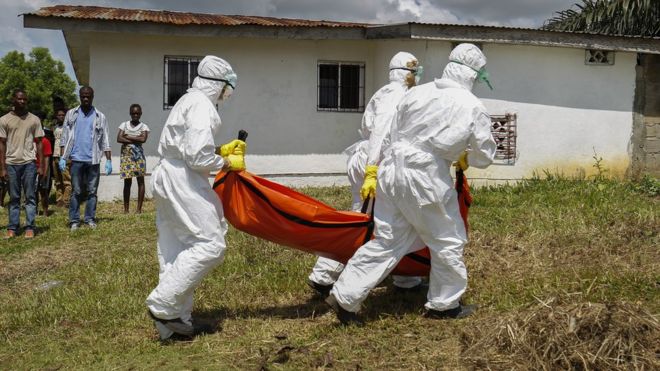In 1954, a mysterious disease struck children in Manila. They were showing up at hospitals with internal bleeding. Their blood vessels were leaking. Over the next few years, similar outbreaks cropped up every rainy season. And then in 1958, a massive outbreak hit Bangkok. More than 2,500 children were hospitalized. About 10 percent of them died. That year, an American doctor, working on polio in Southeast Asia, began searching for the culprit. Eventually, he isolated a mosquito-borne virus — dengue — and, in the process, launched a 60-year-old medical mystery.
The four dengue viruses originated in monkeys and independently jumped to humans in Africa or Southeast Asia between 100 and 800 years ago. Dengue remained a relatively minor, geographically restricted disease until the middle of the 20th century. Known as "breakbone fever" because of the joint pain it can bring, dengue had been causing problems for decades, maybe even centuries. But it rarely caused hemorrhaging or death. Why had it all of a sudden become so dangerous? Had the virus mutated? Was there an additional virus — or environmental factor — boosting dengue's potency? Or did a previous infection with dengue somehow make a person more vulnerable to this deadly form?

During the study's 12-year period, researchers collected more than 41,000 blood samples from more than 8,000 children in Nicaragua.
Over the past 50 years, scientists have accumulated more and more data pointing to the last hypothesis. Now a study, published Thursday in the journal Science, finally appears to nail down why. "This is a rock-star study," exclaims Jean Lim, a virologist at Icahn Medical School at Mount Sinai, who wasn't involved in the study. "I think it will be a benchmark paper." Of course, some scientists in the field are still skeptical and want still more proof, as Science's Jon Cohen reported. But the findings also open up some intriguing theories about why Zika became such a threat in certain places of South America.
In the study, researchers at the University of California, Berkeley, followed about 6,600 children in Nicaragua where dengue circulates. For 12 years, the researchers drew the children's blood annually and measured their concentrations of dengue-binding antibodies — molecules the immune system makes to destroy viruses. Then the researchers looked for connections between severe dengue cases and antibody levels. "If a child developed dengue, we could go back to the banked antibody samples and say, 'OK, is there something about the child's antibody levels that are different than that of the healthy kids?' " says Eva Harris, an infectious disease researcher at the University of California, Berkeley, who led the study.
MORE





 Reply With Quote
Reply With Quote





